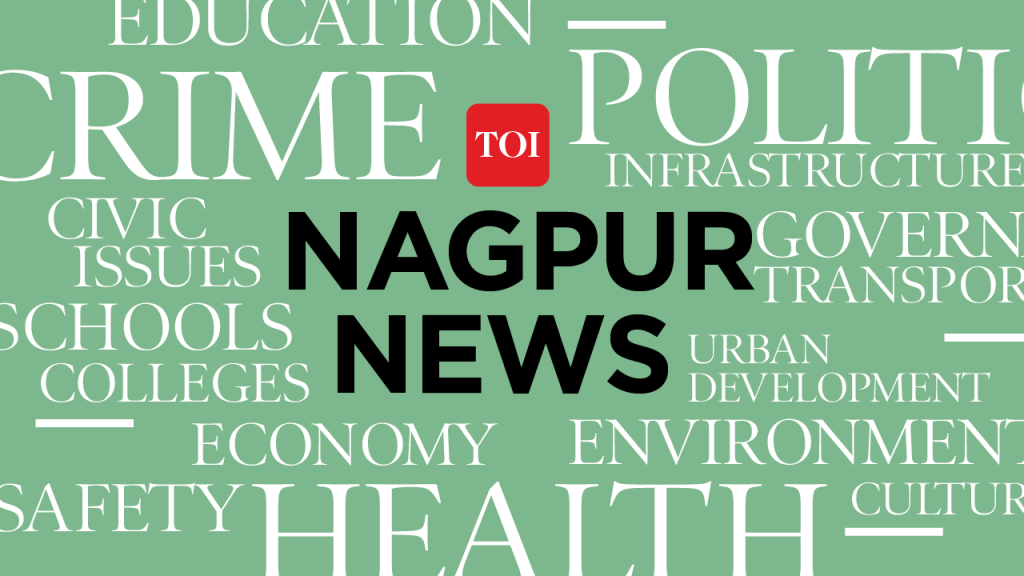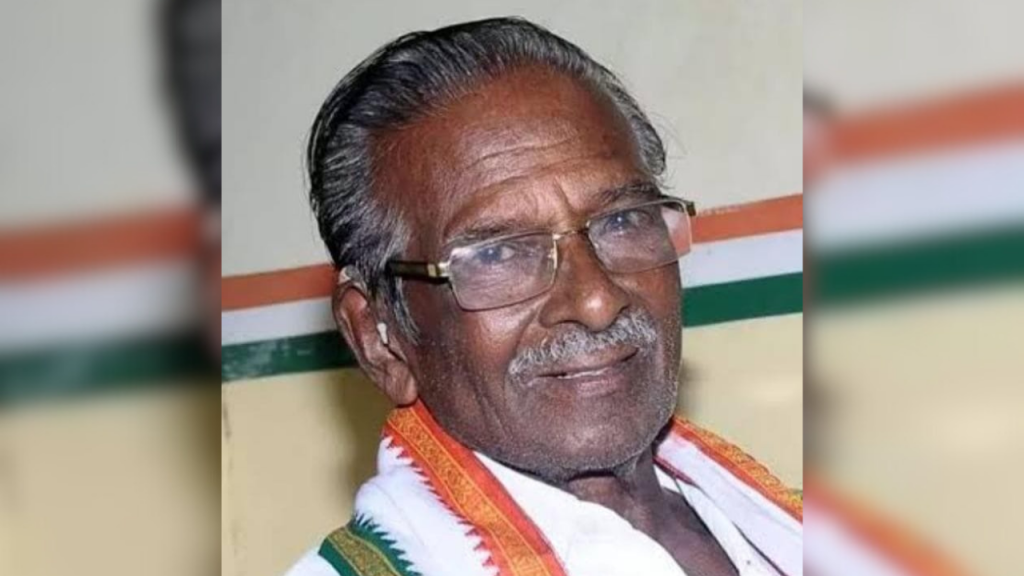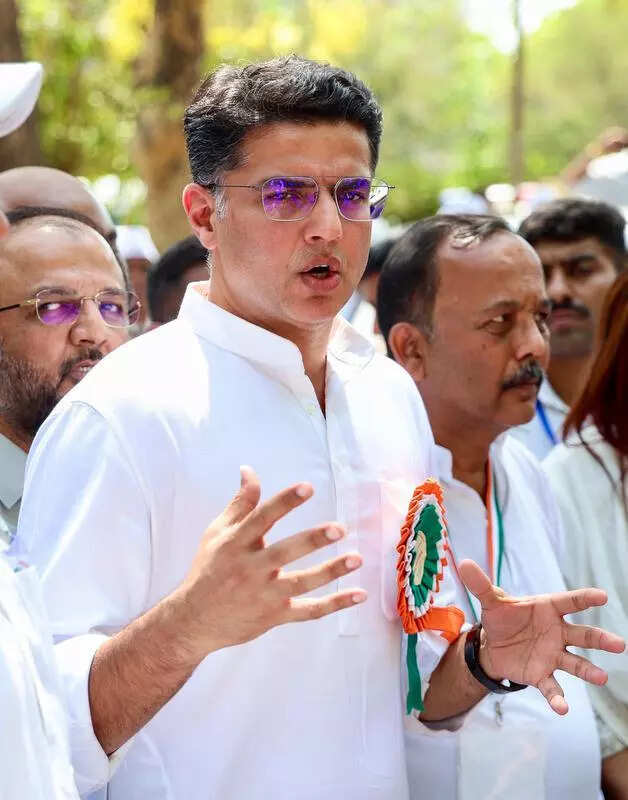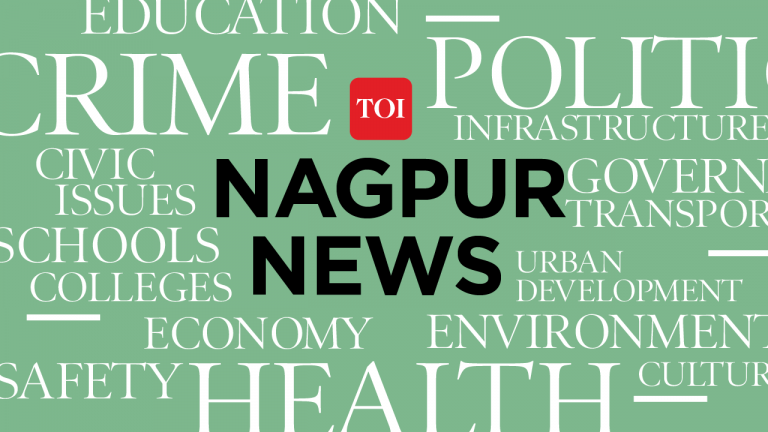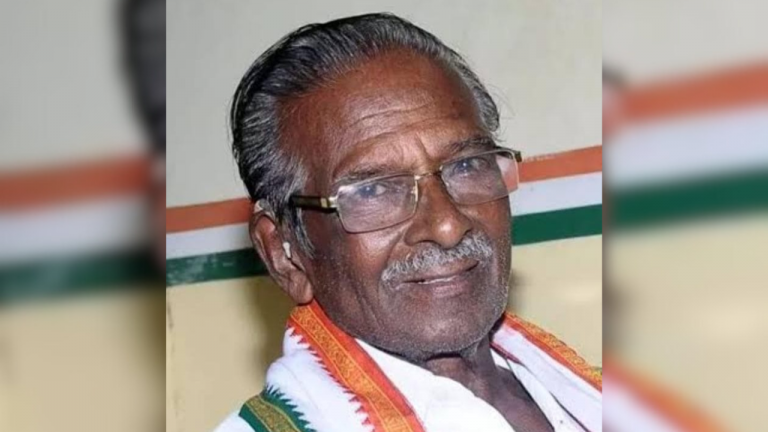A recent study conducted by economists in India suggests that the country’s GDP could see a significant boost of 1.5% if simultaneous elections were to be held. The study highlights the potential economic benefits of having all state and national elections take place at the same time, reducing the frequency of elections and the associated costs. The researchers believe that holding simultaneous elections would lead to a more stable policy environment, encouraging long-term investments and economic growth. This proposal has gained traction among policymakers and political leaders, with discussions ongoing about the feasibility and implementation of such a system. India, known for its vibrant democracy, has faced challenges related to the continuous cycle of elections, which can disrupt governance and impede progress on key policy issues. By synchronizing elections, the hope is to streamline the electoral process, reduce campaign expenses, and enable elected officials to focus on governance rather than campaigning. As the debate continues, experts emphasize the importance of considering the logistical, legal, and constitutional implications of transitioning to simultaneous elections. While the idea has its supporters and critics, the potential economic benefits are undeniable, making it a topic of significant interest in India’s political and economic landscape.
Posted in
JUST IN







